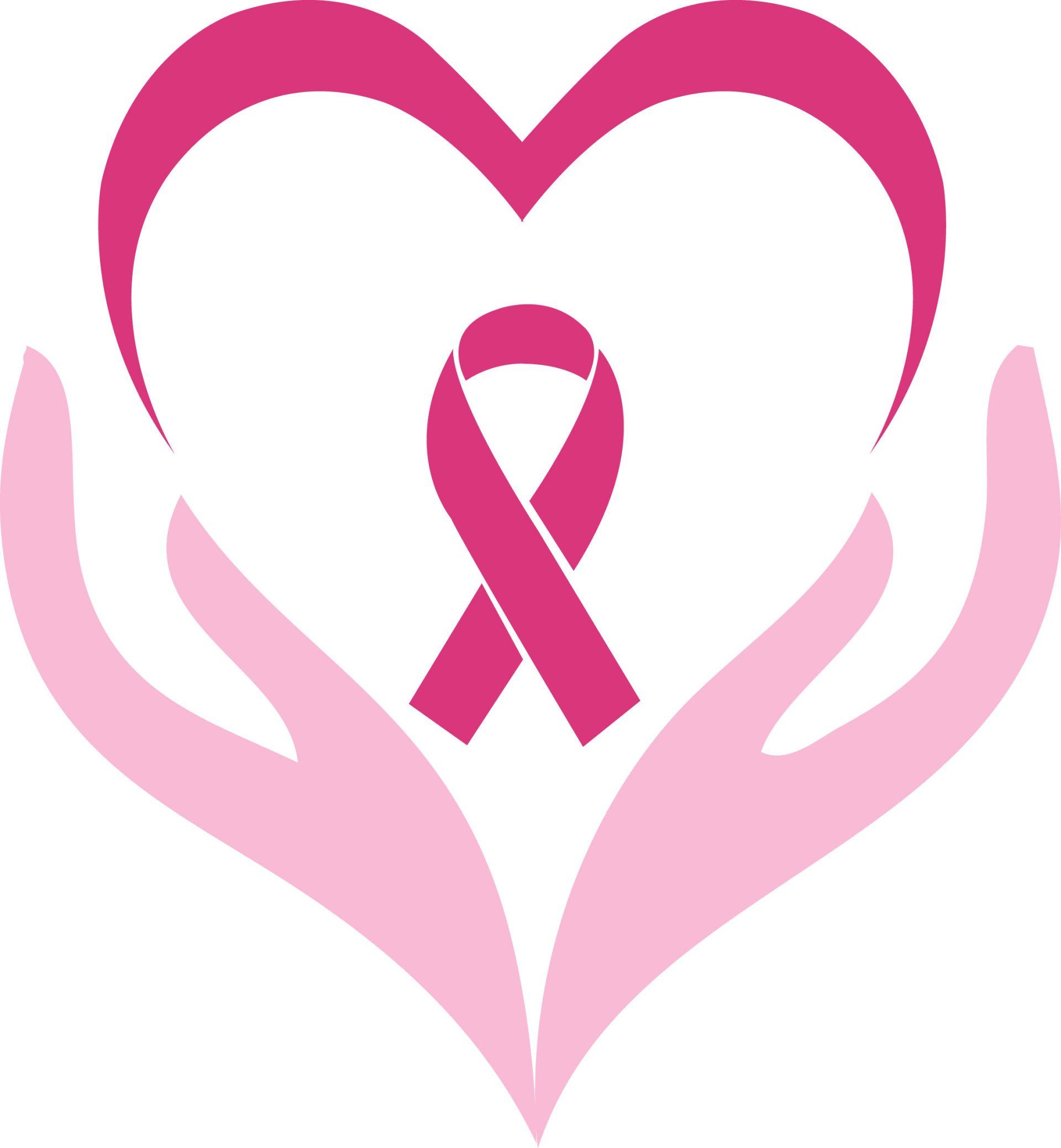After a Breast Cancer Diagnosis
After finding out you have breast cancer, you may feel shocked, upset, anxious or confused. These are normal responses. Talk about your treatment options with your doctor, family and friends. Seek as much information as you need. It is up to you how involved you want to be in decisions about your treatment.
Breast cancer is the most common cancer in Australian women. Although rare, breast cancer can also affect men. Early breast cancer can be treated successfully and for most women breast cancer will not come back after treatment.
Everyone reacts to a diagnosis of cancer differently. It is often difficult to take in the diagnosis immediately. It is normal to ask 'why me?' or to feel sad, angry, helpless or worried about your future. Women often feel very well at the time of diagnosis and this only serves to make the shock worse.
Having cancer doesn't mean you need to lose hope. The outlook for breast cancer is improving constantly.
Tips for Looking After Yourself
- Stay active and exercise regularly if you can. The amount and type of exercise you do will depend on what you are used to and how well you feel.
- A balanced and nutritious diet will help you to keep as well as possible and better cope with cancer and treatment side-effects.
- Do as much as you can – sometimes this may be less than you are used to.
- Let your doctor know if you are having trouble sleeping.
- Seek practical and financial help if you need it.
Telling Others
Sharing your diagnosis isn't easy, and is one of the most difficult things patients have to face. You may feel uncomfortable talking about it. You may be unsure how you will react when you tell your family and friends and how they will respond. Having other people know will help you and your family share your anxiety and fears. You don't have to face cancer alone.
Tips for Telling Others
- Break the news when you feel ready.
- Ask for help. Family and friends may be able to tell others if you don't feel like it.
- Be prepared for questions.
- Draw boundaries. You don't have to share every detail about your diagnosis with everyone.
Helping Your Family Adjust
Cancer is difficult for everyone it affects. Your family needs to adjust to the diagnosis too. Family members may experience stress as roles change and they learn to adapt and cope. They may feel uncomfortable because they don't know what to say but feel they should say something.
They will experience the same fears, anger and anxieties as you. If your family has difficulty talking about cancer it may help to speak to a counsellor or have them go to the doctor or hospital with you. This may help them accept your illness.
How Do I Tell the Children?
Children usually guess something is wrong even if they don't know what it is. By telling your children you will give them an opportunity to ask questions and express their feelings about what is happening. Reassure your children that the cancer is not their fault – it's not anyone's fault.
What and how much you tell your children will depend on their ages.
If you don't feel you can tell them, ask your doctor or a relative to do it for you. To help your children cope:
- Tell them how you are feeling.
- Give them the opportunity to discuss their feelings and fears.
- Answer their questions simply and honestly.
- Reassure them you love them.
- Do things together.
- Assure them that cancer is not contagious.
Helping your Friends Adjust
Most of your friends will be looking for a comfortable way of dealing with your diagnosis. They may want direction on how to behave with you. Let them know how they can help you. If you think of something they can do, you will be doing them and you a favour.
Looking After Yourself
Learning to live day-to-day will be hard and every day is likely to be different. Many people find that keeping busy helps them to feel that life stretches before them.

